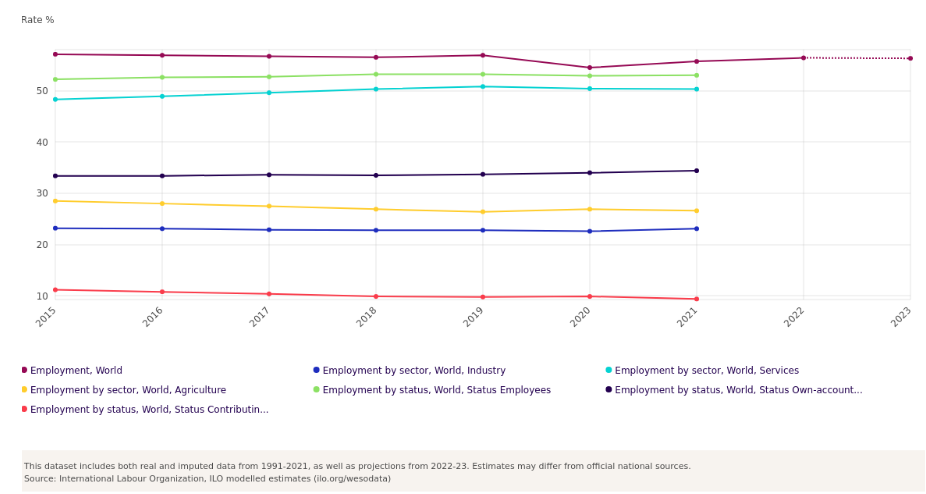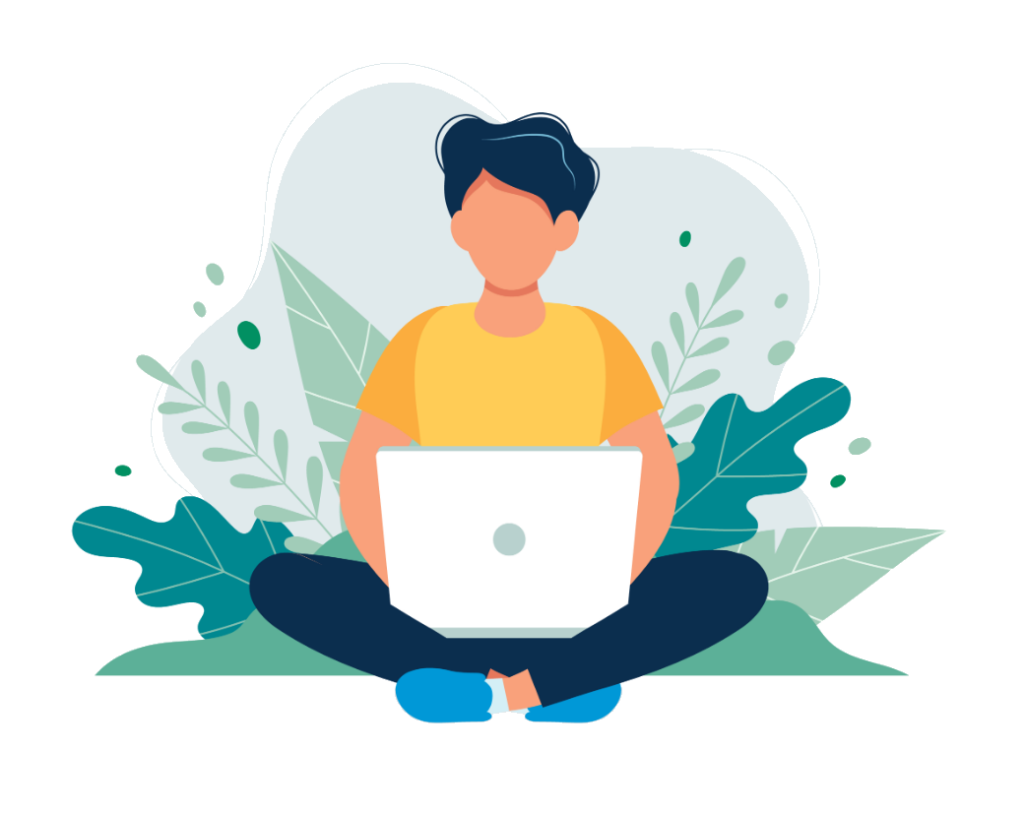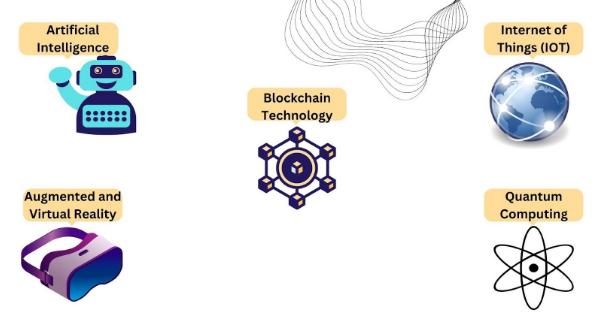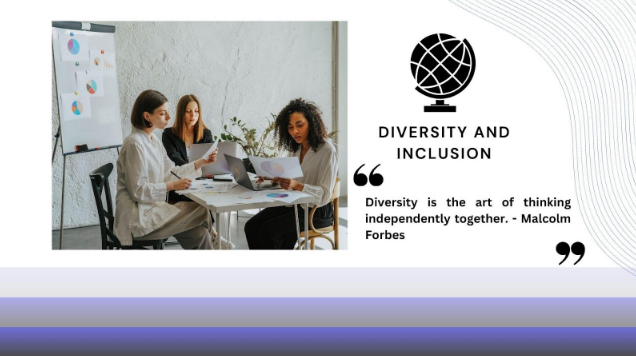29 Jun Future Of Work
- Sneha Bhushan
TWT Pune took an initiative for all tech writers, researchers, and subject matter experts to participate in a Pan India Whitepaper contest on April, 2023. Among several participants, Sneha Bushan Rao emerged as the first Runners-up.
With technological advancements, shifting demographics, and evolving work preferences, the way we work is changing rapidly.
Introduction
The purpose of this white paper is to explore the future of work and its potential impact on individuals, organisations, and society. With technological advancements, shifting demographics, and evolving work preferences, the way we work is changing rapidly. This paper aims to provide insights into the trends and challenges that are shaping the future of work and offer strategies for individuals and organisations to adapt and thrive in this new era.
The paper will cover various topics related to the future of work, including:
- Emerging technologies and their impact on work
- Role of Governments
- New work models and flexible work arrangements
- Diversity and Inclusion
Through research and analysis, hope to provide a comprehensive understanding of the future of work and equip readers with the knowledge and tools needed to succeed in the new world of work.
Future of work post COVID-19 pandemic will be the game changer for global operations across all the governing institutional bodies. Striking a balance between gig economy and adapting to social changes is the formula for successful leadership. This transformation can accentuate the talent which leads to innovations and in turn contribute for global causes. The assistance provided by advanced technology will bring diversity to the work culture. Apart from inclusion the focus will be to empower the women at the workplace. Preparing for the future of work requires synchronisation of curriculum at the educational board levels for easy transition of students to the gig worker. Having this kind of strategy helps an individual to achieve the momentum which is required for becoming a successful professional. To integrate this system with the work life balance helps the world to keep away from another pandemic.
Capitalists as investors and entrepreneurs have a great deal to shape the future for the next generation’s work culture. They bring the acumen to drive the gig economy to the next level, with ethical considerations working collaboratively with policy makers and experts. In addition to investors, insurance providers should be considered for helping the business to sail and execute successfully. In the face of the war challenges that the globe is exposed to, the ease of doing business for sustainable development is vital. As Artificial Intelligence is taking over, the world is thoughtful about the threats that it possesses in the present status quo. However, as humans are more adaptable to such changes and have come long way, existing challenges can be addressed too.
Employment Statistics

Figure: Employment Statistics Pre and Post COVID
The data from International Labour Organization (ILO) pre and post pandemic times is not very surprising, despite the challenges, the employment stats are promising on the global adaptability to embrace the evolving technology.
Rebuilding the industries that were affected during covid times should be the priority to stabilise the employment rate. In many countries there are better programs to boost the economy. This should insure the industries from the unpredicted pandemics, climate change, or any global wars.
The expansion of E-commerce is a massive success from pre to post pandemic times. However, this does not hold true for certain markets such as travel, sports, formal clothing, and leisure services.
Nature Of Work
Nature of work across the globe is constantly evolving post pandemic. The developed countries are engaged in governing the Technology, Finance, Healthcare and Small scale industries. However, there are few developing countries which are heavily dependent on traditional industries such as agriculture, mining, and manufacturing. Easing the lives and empowering the under-developed countries with the help of advanced technology such as AI and robotics is the key for sustainable development to achieve the global good. The deadly pandemic has turned the globe to create better life standards with Remote and Hybrid work cultures.
Helping the employees to experience a good work life balance and the time to invest in personal and professional development. Grooming to recover from isolation and involving in more social interactions is the prominent challenge amongst most. To overcome these challenges the governing bodies and various institutions have more opportunity to drive awareness programs and generate employment opportunities to ease the lives of people post pandemic. This also provides an opportunity to switch between traditional and non-traditional work cultures effortlessly which provides greater work flexibility with satisfaction. These advantages improve the quality of work providing scope for continuous improvement.

Thriving in Eco-Economy
The effects of remote work on the environment and its contribution to climate change is notable. As the future of technology is rapidly changing driven by advancements, this is leading to lifelong learning. As the infrastructure of smart cities is increasing rapidly from e-roads being introduced in future, these advancements lead to minimal to no pollution zones. They play a major role in keeping our planet healthy.
This comes with few advantages as following:
- Reduction in Greenhouse Gas Emissions (GHGs) comes with reduction of commute to workplace.
- Energy and water consumption at office premises is drastically reduced.
- As the commute is reduced, traffic congestion, pollution and carbon emission are reduced. This has made public transportation more reliable.
- Reduced GHGs Emissions has improved air quality preventing humans against fatal diseases.
- Significant reduction in Waste production and improved recycle management at the office buildings.
Along with the advantages comes certain disadvantages such as:
- Remote work does consume a lot of energy leading to higher utility bills.
- Spike in remote work and security concerns has increased the e-waste according to latest UN stats.
- Companies adapting to Hybrid work culture has reduced global carbon emission partially.
- Due to reduced social interaction difficulty in collaboration and teamwork activities.
- Remote work can fade the lines between personal and professional life, leading to increased risk of burnout.
Employees across the countries have embraced the flexibility that Eco-Economy provides and made best use of it.
Next-Gen Tech Trends
The Next-Gen Technology is evolving along with the current trends such as Artificial Intelligence, Augmented and Virtual Reality, Blockchain Technology, Internet of Things and Quantum Computing. The following points explain about technology prospects.
- Artificial Intelligence: AI refers to tasks performed by the machine that are supposed to be performed by a human. This brings improved Efficiency, Scalability, and Availability. However, with these advantages there are few disadvantages too such as AI lacks human personality, cannot generate new ideas, data is not of the latest.
- Augmented Reality (AR) and Virtual Reality (VR): These Technologies are emerging in the fields of Gaming, Education and Training, Entertainment, Healthcare which is providing the industries a scope for innovation.
- Blockchain Technology: It is a digital ledger system that allows secure and decentralised storage for transfer of data. In Finance particularly this technology is used vastly for payment processing, asset management and more.
- Internet of Things (IOT): Internet of Things refers to a network of physical objects, devices, vehicles embedded with electronics, software, sensors, and connectivity. A few places that IOT can be of great help is Smart Homes, Healthcare, Agriculture, Smart Cities and Manufacturing.
- Quantum Computing: Is an emerging technology which uses quantum mechanics to perform complex computations more efficiently than traditional computers. The traditional computer uses Bits whereas the Quantum computer uses Quantum Bits (qubits) to perform the operations faster. A few industries that use quantum computing are Cryptography that is used to secure the data from potential threats to cybersecurity.

Figure: Trending Technologies
Other key industry for Next-Gen Technology is the space industry, various researchers and scientists from various countries are successful in their research and discovery. The Next-Gen Nuclear power plants that will consume the latest technology seem promising for safer and greener plants, such energy plants are vital for sustainable development. This will generate huge employment opportunities leading to better and cleaner gig-economy. The opportunity for students to opt for research studies will widen along with improved technology.
Role of Government
The government has a critical role in shaping the world post covid and preparing the world for clean energy drive. A strong take away from the agenda of 2030 UN Sustainable Development Growth (SDGs) includes the following:
- Good Health and Wellbeing
- Gender Equality
- Affordable and Clean Energy
- Decent Work and Economic Growth
- Industry, Innovation, and Infrastructure
- Reduced Inequality
- Responsible Consumption and Production
- Peace and justice strong Institutions
- Partnership to achieve the Goal
Having these goals on the list for the next decade, industrialists and capitalists can approach confidently in shaping the global operations. Governments across the globe have more responsibility to support the future of work by implementing policies and regulations that support transition to flexible work arrangements. Funding for education and training so that early starters and employees are skilled to drive the gig-economy. Investment in infrastructure will be a major boost for companies to expand and set a footprint across various locations which paves a way for diversity and inclusion. Apart from vaccine roll out, governments have a major role in supporting mental health issues of workers around the globe to recover from pandemic sickness. The impact of these from the governing bodies on organisations and institutions are big. As this drives the end to end process from education to self-starter and working in business.
Diversity and Inclusion
Diversity and Inclusion are crucial aspects of future work, it provides more flexibility. Companies promoting diversity and inclusion displays the empowered workforce amongst women, disabled and LGBT community. This leadership proves zero bias and promotes respect and acceptance at the workplace. Recognising diversity and inclusion is the most vital aspect of a company’s business growth and scale above their competitors. Due to pandemic remote work has made work more convenient and easier, especially for women and disabled to balance the work life which is more critical for a healthier lifestyle. However, few companies being not open to diversity and inclusion due to its work culture can drive the awareness programs to promote diversity and inclusiveness. Organisations that prioritise diversity and inclusion are more likely to attain and retain the top talent which foster innovation and creativity. Ultimately, creating a fair and just environment at the workplace by providing education and training makes good business sense.

Conclusion
In the fast-growing world of advancements in the Technology and Culture shift, it is very important to stay agile and be adaptable to the changes. This can be achieved with continuous learning by building a flexible and adaptable work environment. Businesses should have a more customer centric approach and serve the best from the tech industry. The key areas for development will be in the fields of innovation and automation. It is also an opportunity to take time, experiment and validate the risks. This will be a strong way to stay agile in the wake of a fast paced and ever-changing tech world.
References
International Labour Organisation: World employment social outlook data.
Retrieved from, https://ilostat.ilo.org/data.
United Nations, transforming our world: The 2030 agenda for sustainable development.
Retrieved from, https://sdgs.un.org/goals.
About the Author
Sneha Bhushan having Bachelor’s degree in Computer Applications from Bangalore University presently designated as a Technical Writer working for SymphonyAI Summit. Having about 7.9 years of total experience in IT, worked as an Analyst in supporting technologies such as Windows and VMware for the US Banks. As a full time writer now, never cease to grab an opportunity to keep the passion for writing alive. Apart from writing profession for personal recreation I engage in embroidery as a hobby.
Current Role: Technical Writer
Company: SymphonyAI
City: Bengaluru
Connect at LinkedIn

“The Web as I envisaged it, we have not seen it yet. The future is still so much bigger than the past.”
- Tim Berners-Lee, Inventor of the World Wide Web.




No Comments